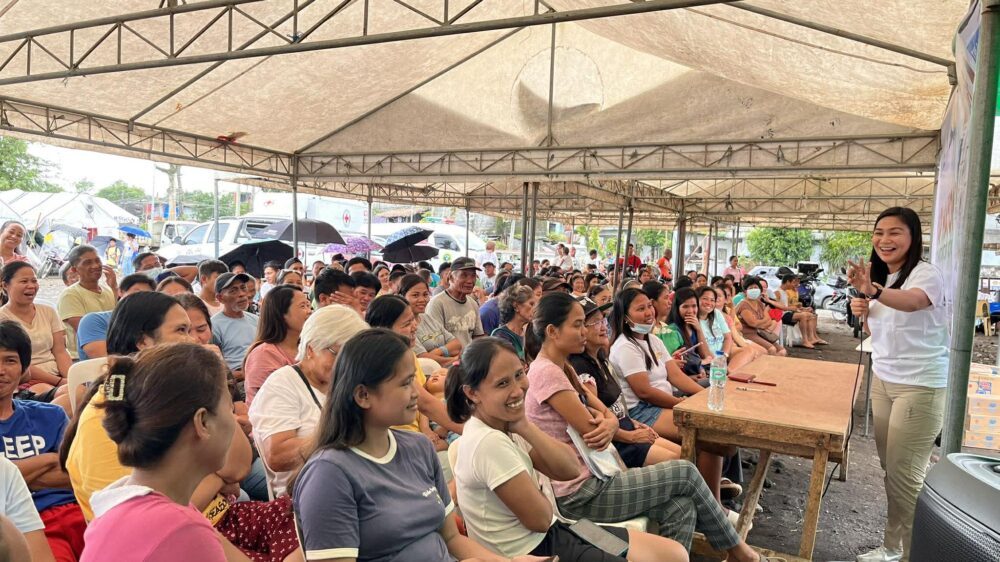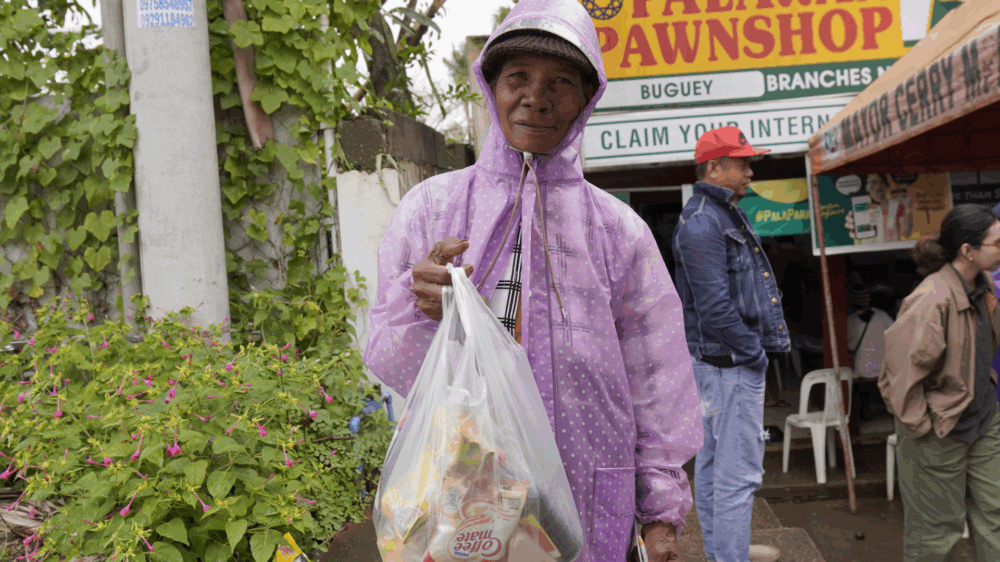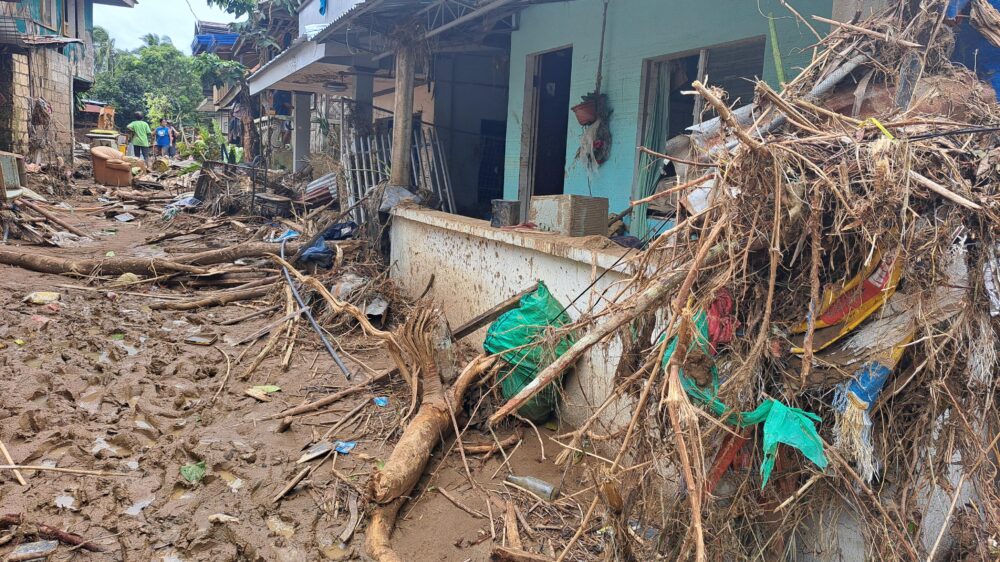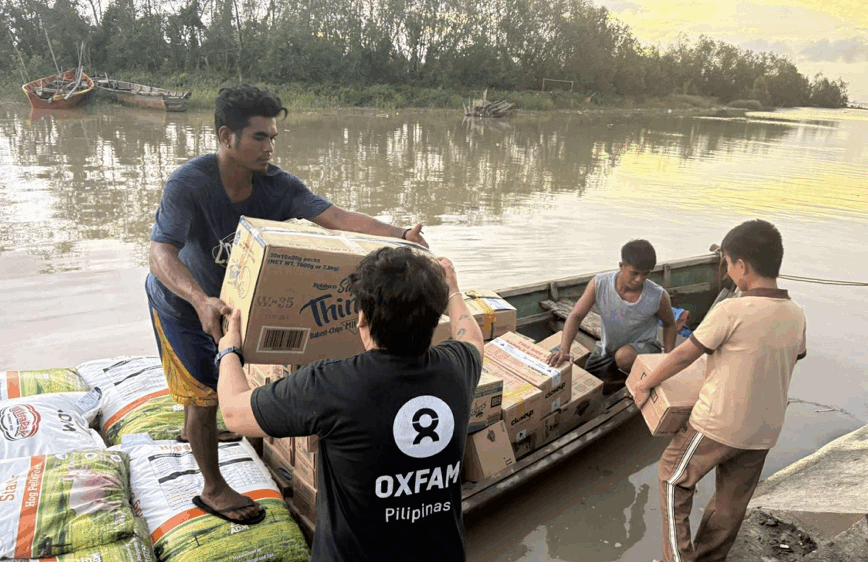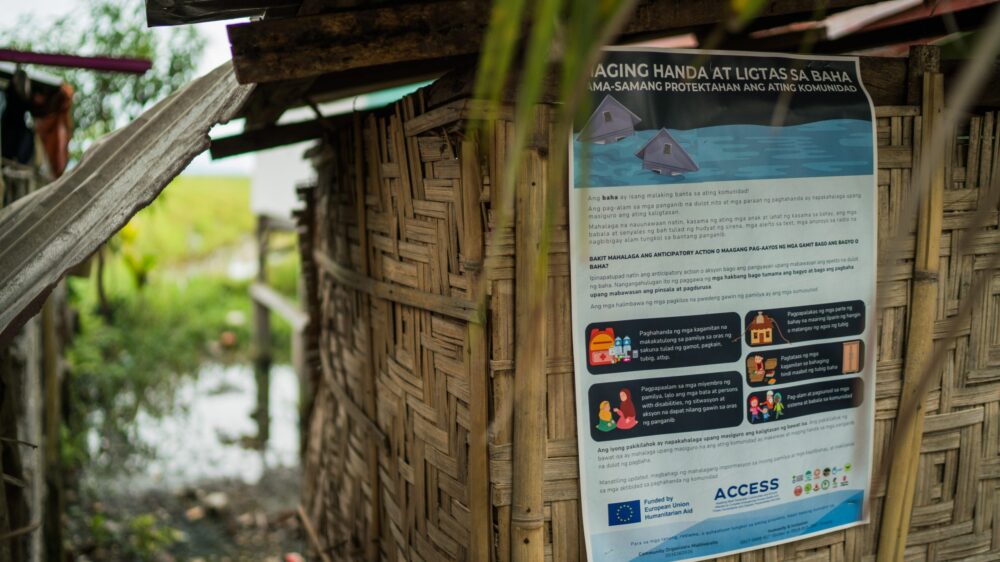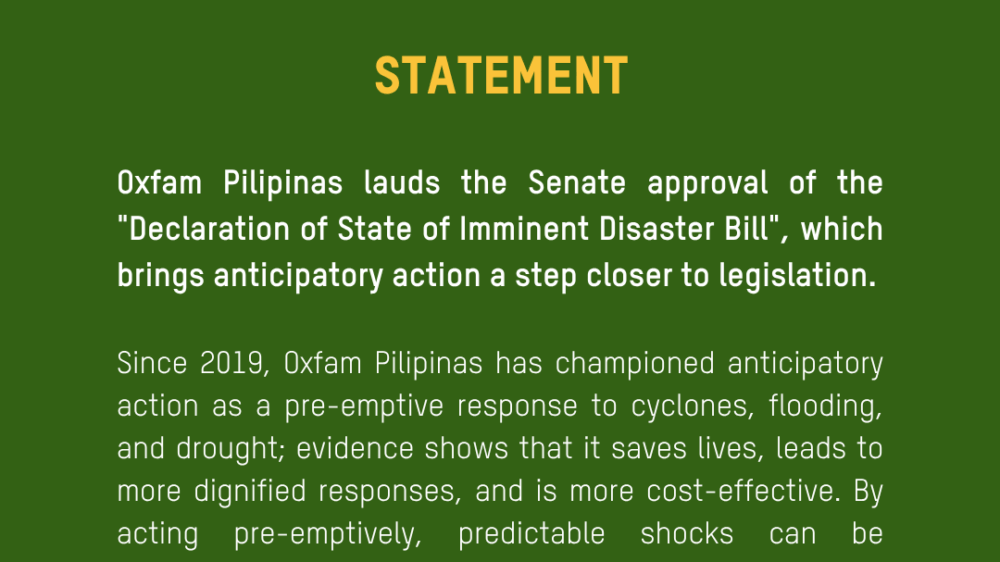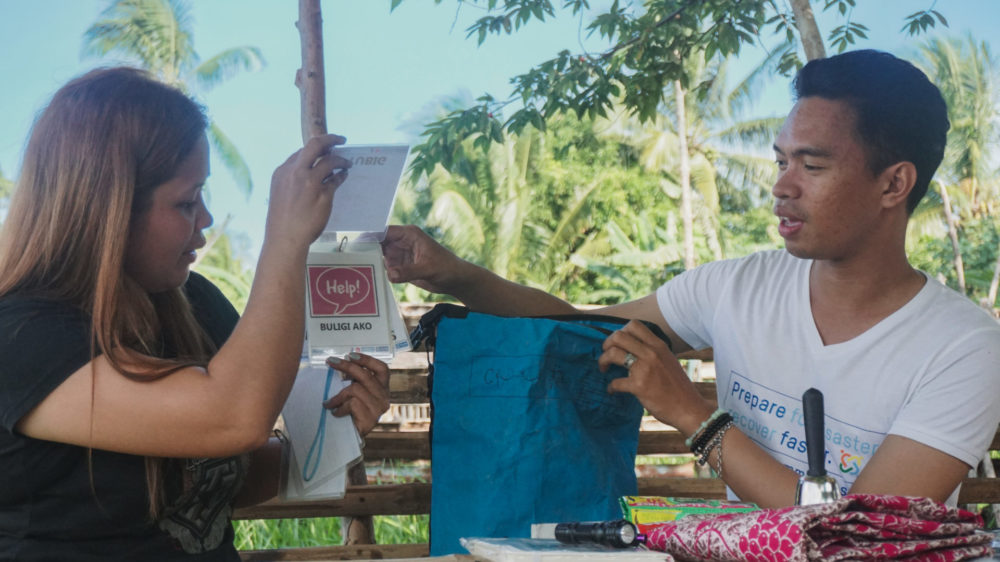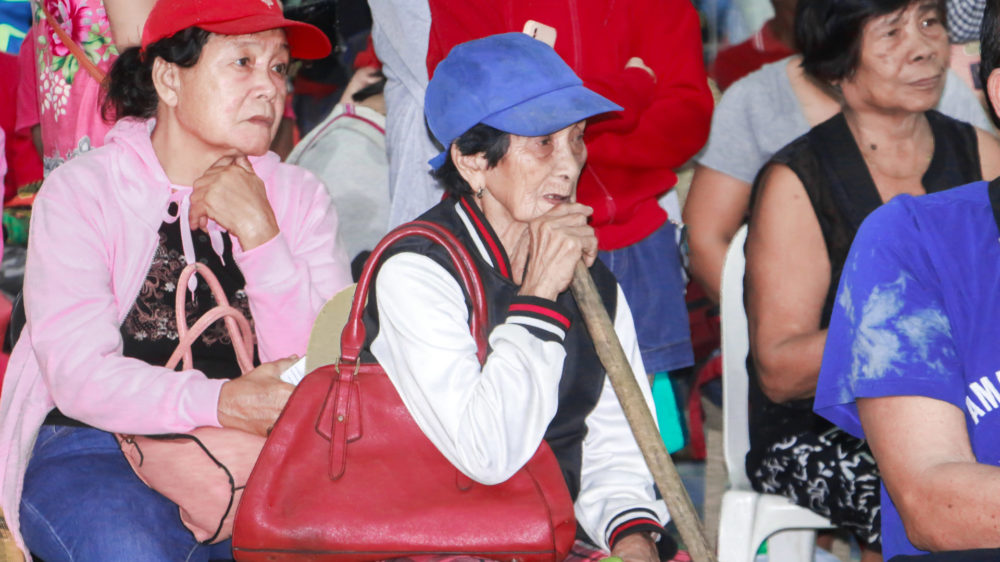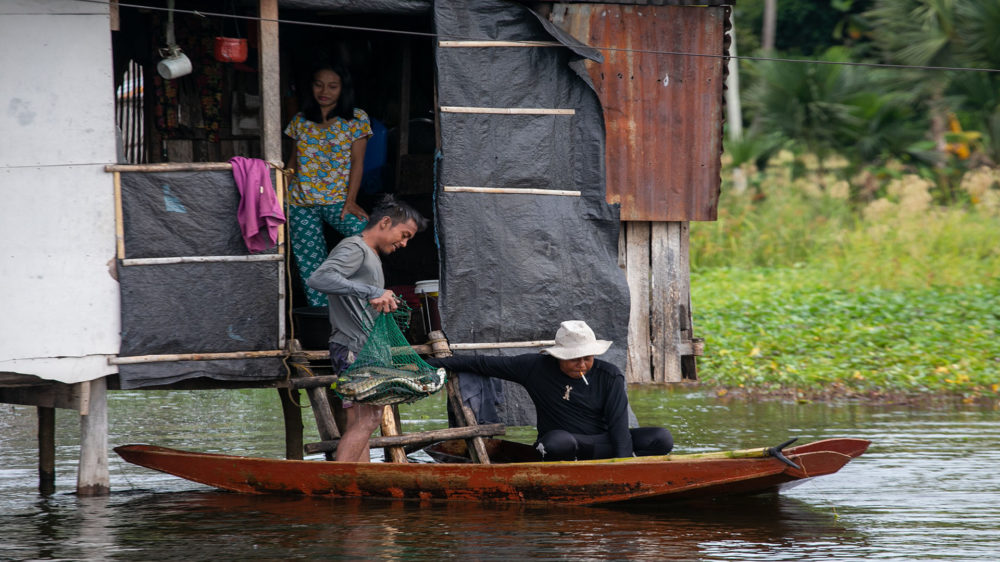Anticipatory Action
Humanitarian needs are continuously growing due to compounding factors of conflict, climate shocks, and economic hardship while simultaneously, crises continue to become more intense, cyclical, and protracted in their nature. With funding commitments to scale up aid not being met and needs that keep increasing (a staggering 299.4 million now need aid), humanitarian, climate, and development actors must work together to act early, optimize efforts to save lives and livelihoods, and decrease both needs and costs.
Anticipatory action is defined as acting ahead of a predicted hazardous event to prevent or reduce impacts on lives, livelihoods, and humanitarian needs before they fully unfold. Interventions or actions are designed to reduce the impact of a crisis and are taken before negative coping strategies are deployed. Actions are activated based on pre-defined forecast indicators. Some indicators are already monitored through (locally led) early warning systems, which can provide timely and accurate information about forecasted hazards. Anticipatory actions are taken based on anticipated needs, thereby employing the adoption of a no-regrets approach (e.g., at times, funds will be released without a disaster materializing).
Anticipatory action is being promoted as one of the main solutions to address the ever-increasing humanitarian needs worldwide. 55% of crises are somewhat predictable, and as such, efforts can be made to anticipate impacts and necessary actions. Preliminary evidence shows that anticipatory action helps save lives, leads to more dignified responses, and is more cost-effective. By acting pre-emptively, predictable shocks can be prevented from turning into crises, reducing both the human and financial burden. Anticipatory action is one way of doing this.
Oxfam Pilipinas has activated Anticipatory Actions for various hazards since 2019. To date, we have had 12 activations:
0
for drought in BARMM
0
for tropical cyclones in Eastern Samar
0
due to flood secondary to shearline effects in Eastern Sama
0
for flooding in Cotabato City
0
in anticipation of Typhoon Man-yi (Pepito) in Catanduanes
